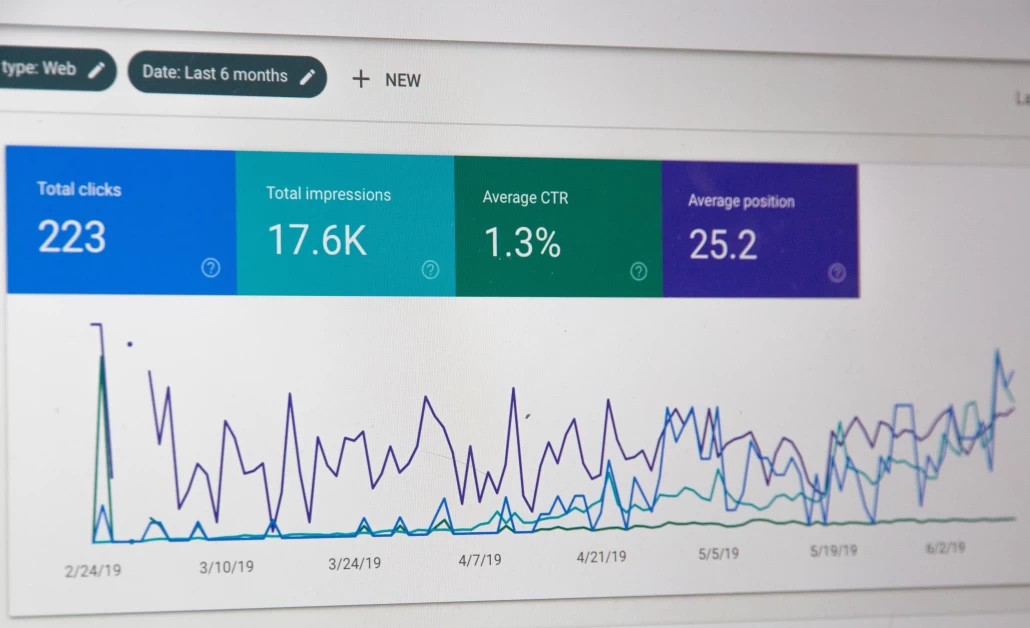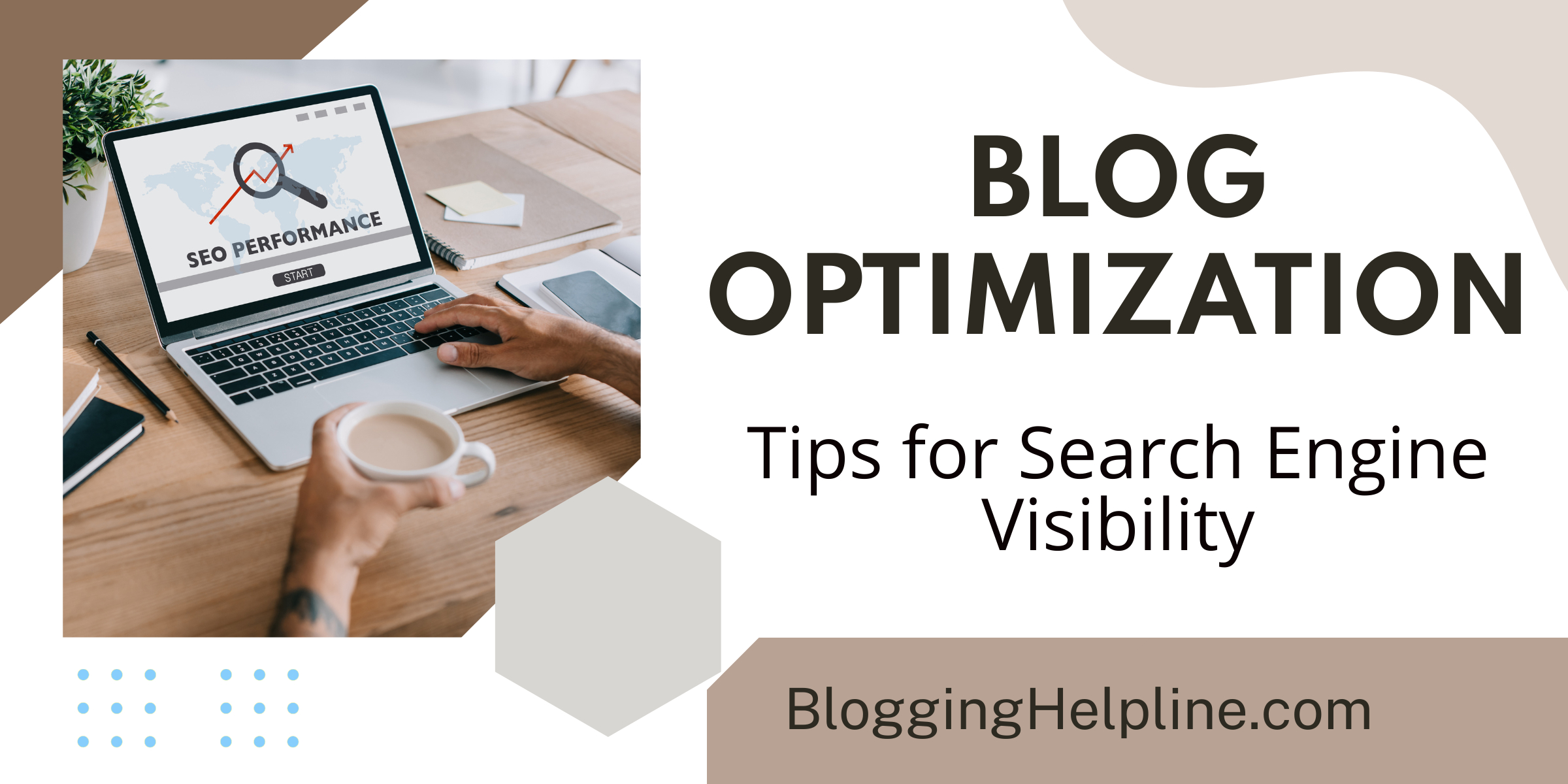Writing an article that will rank on Google requires a strong understanding of SEO. In this post, we will outline the steps you can take to optimize your content for SEO and improve your chances of ranking higher on Google.
SEO, or Search Engine Optimization, is the process of improving your website’s visibility in search engine results. Without SEO, it can be challenging to increase page views and boost conversions. Great content is the foundation for successful SEO, as Google rewards posts that are relevant, useful, informative, and authoritative.
When writing content for SEO, it is crucial to choose the right keywords. These are the words or phrases that people type into search engines when looking for information. To find the best keywords for your content, use keyword research tools. These tools provide insights into keyword search volume, competitiveness, and even suggest long-tail keywords.
Once you have chosen your keywords, incorporate them into your content. Include them in headings, subheadings, paragraphs, and meta descriptions. However, avoid overusing keywords, as this can lead to keyword stuffing, which Google frowns upon. Strike a balance and ensure that your content remains readable and engaging.
The quality of your writing plays a significant role in your rankings. Google prioritizes longer, high-quality content. Your writing should be well-researched, informative, and engaging. Write in-depth articles that provide value to your readers.
Formatting your blog article properly is crucial for both readability and SEO. Add bullet points, numbered lists, and bolding for emphasis. Break up paragraphs and vary sentence length to engage the reader. Include images, infographics, tables, and charts to illustrate complex points and make your post visually appealing.
Incorporating links into your blog post is essential for keeping readers on your site and building trust with Google. Include both internal and external links. Internal links point to other pages on your website, while external links point to reputable sources. Including authoritative sources shows Google that you care about the quality and credibility of your content.
Optimize your URL, meta title, and meta description. Include relevant keywords in your URL and avoid using changeable elements or dates. Use your target keyword in your meta title and meta description to improve your chances of ranking higher on Google.
Writing an article that will rank on Google requires a comprehensive SEO strategy. It’s not just about choosing the right keywords or incorporating them into your content. Consider the technical elements of your site, link building, user experience, and authority-building practices. By following these steps and implementing best practices, you can increase your chances of ranking higher on Google and driving more organic traffic to your website.









